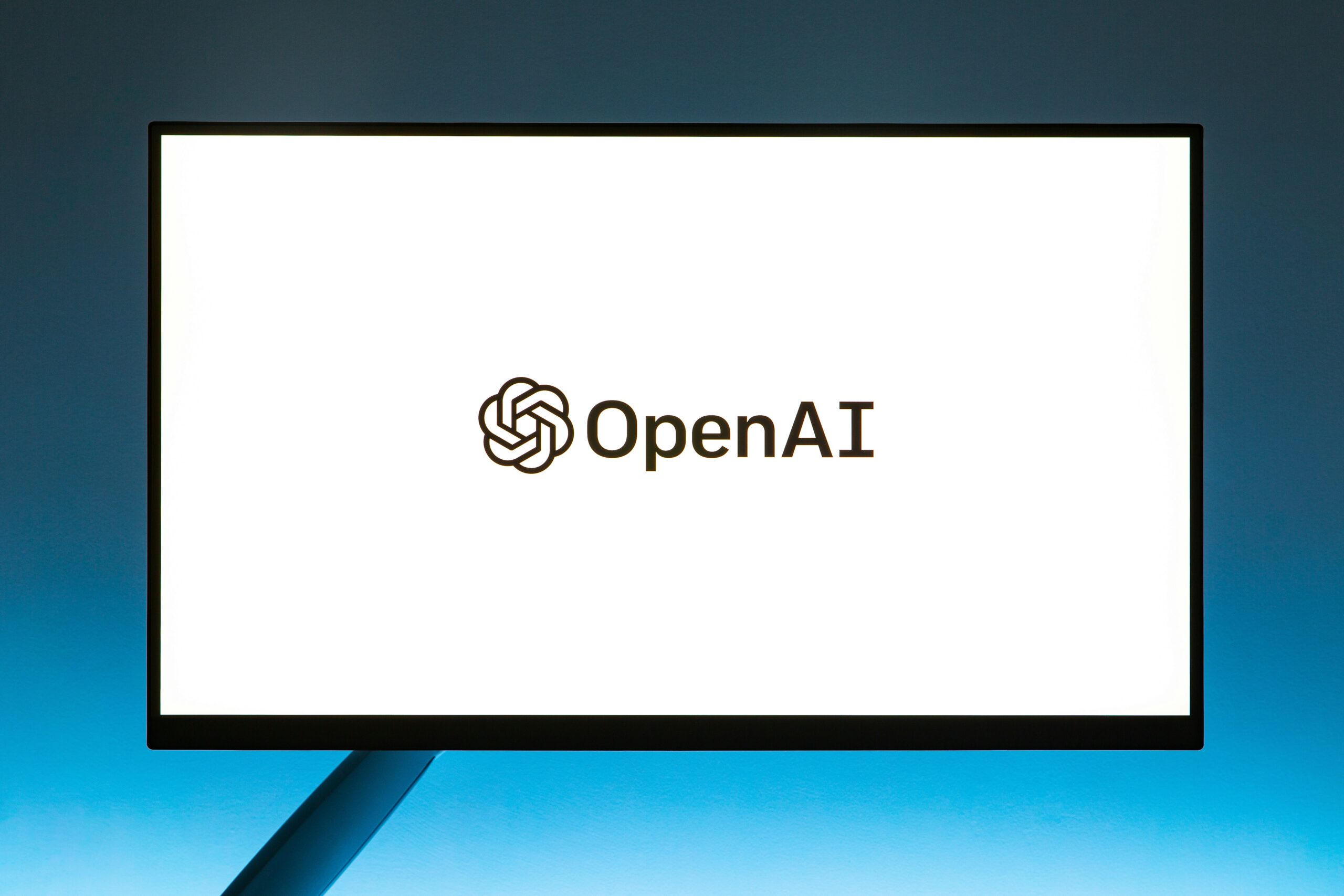In a new development in the legal battle over OpenAI‘s organizational structure, twelve former employees—including individuals who held technical and leadership positions between 2018 and 2024—have submitted a proposed amicus brief backing Elon Musk’s lawsuit against the company. The brief argues that OpenAI’s recent shift away from its nonprofit origins undermines its founding mission and could jeopardize its commitment to ensuring artificial general intelligence (AGI) benefits humanity at large.
Key Details of the Filing
The former employees contend that OpenAI’s nonprofit entity must retain control over the organization. According to the brief, any move that relinquishes this control would “fundamentally violate its mission statement.” The document further warns that such a restructuring could “breach the trust of employees, donors, and other stakeholders” who supported OpenAI under the assumption that it would remain a mission-driven nonprofit.
Among the signatories is Todor Markov, now a researcher at Anthropic, who sharply criticized OpenAI CEO Sam Altman. Markov described Altman as “a person of low integrity,” alleging that the company’s charter was used as a “smoke screen” to attract top talent under false pretenses.
The group collectively urged the court to view the preservation of the nonprofit structure as essential to safeguarding AGI development from being steered by profit-driven motives. They emphasize that maintaining this original governance model is critical to ensuring that powerful AI technologies are developed in service of broad societal good rather than narrow financial interests.
Why This Matters
If accepted into the court record, the amicus brief could add significant weight to Musk’s case ahead of the trial scheduled for spring 2026. As former insiders with direct knowledge of OpenAI’s evolution, their testimonies may provide compelling context about the organization’s internal dynamics and decision-making.
OpenAI, in response, maintains that the nonprofit remains active and influential. The company has described the recent structural changes as a transformation of its for-profit subsidiary into a public benefit corporation—a move it claims aligns with its long-term mission while allowing for necessary growth and innovation.
Looking Ahead
As the legal proceedings unfold, the court’s interpretation of OpenAI’s charter and the weight it gives to these former employees’ statements could set a precedent for how mission-driven organizations are allowed to evolve—especially in fast-moving, high-stakes sectors like artificial intelligence.







Comments